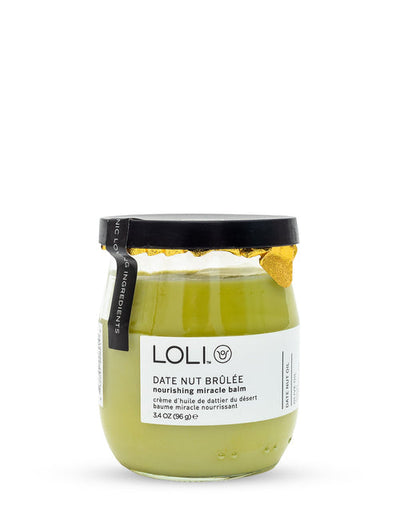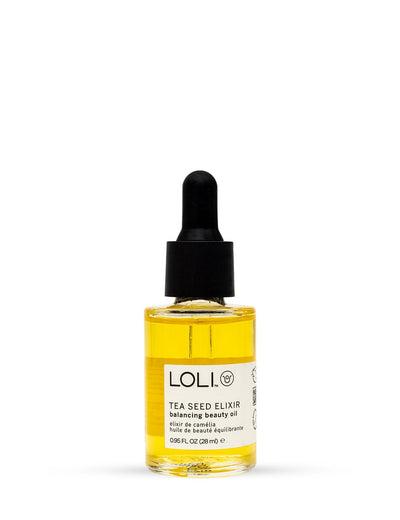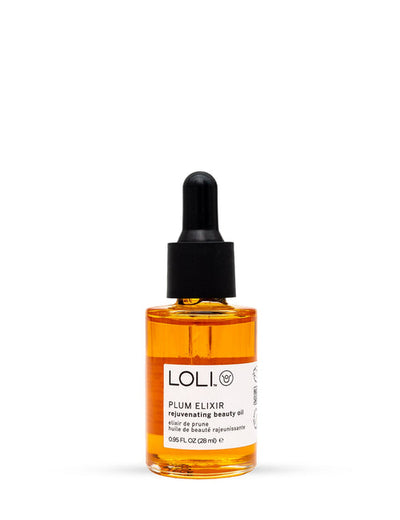Dermatologist recommended anti-aging skincare routine for 60s
As we reach our 60s, the skin tells a story of time, experience, and wisdom. Yet many women still want to feel radiant, confident, and comfortable in their own skin. The right dermatologist recommended skin care routine for 60s can help maintain hydration, softness, and vitality—without harsh ingredients or overcomplication.
A dermatologist recommended skin care routine for 60s focuses on hydration, gentle cleansing, and natural nourishment. By choosing safe, hypoallergenic products and following proven steps, you can support your skin’s health while enjoying a youthful glow.
Dermatologist Recommended Skin Care Routine for 60s – Glow Naturally
Why Skin Changes After 60
The Natural Aging Process
At 60+, the skin experiences a natural decline in collagen and elastin. This leads to dryness, thinning, and visible wrinkles. Understanding these changes is the first step in tailoring a skincare routine.
Hormonal Shifts
Post-menopause, estrogen levels drop, affecting skin hydration and elasticity. This makes hydration and barrier protection more important than ever.
Environmental Stressors
Years of exposure to sun and pollution accelerate signs of aging. Dermatologists recommend protecting the skin with SPF and antioxidants to reduce further damage.
Core Elements of a Dermatologist Recommended Routine
Gentle Cleansing
Harsh cleansers can strip natural oils, leaving the skin tight. A mild, pH-balanced cleanser maintains skin comfort without irritation. Opt for creamy or lotion-based cleansers for mature skin.
Hydrating Toner or Mist
Instead of alcohol-based toners, dermatologists suggest hydrating mists with soothing botanicals. They refresh without causing dryness.
Nourishing Serum
Serums with active ingredients like hyaluronic acid, peptides, or antioxidants penetrate deeper layers, supporting hydration and firmness.
Moisturizing Cream
A dermatologist recommended skin care routine for 60s is incomplete without a rich moisturizer. Look for hypoallergenic, fragrance-free options to minimize sensitivity.
How to Hydrate Aging Skin Naturally
Focus on Natural Oils
Oils such as jojoba, almond, or argan mimic the skin’s natural lipids, locking in hydration and improving skin feel.
DIY Hydration Masks
Homemade masks with honey, aloe vera, or oatmeal can soothe dry patches and support natural moisture retention.
Increase Water Intake
Hydration isn’t just topical. Drinking enough water daily supports skin elasticity and overall health.
Humidifier Use
Adding a humidifier in your bedroom can restore indoor moisture levels, especially in colder climates.
Skin Care for 60 Year Old Woman – Step by Step Routine
When it comes to a dermatologist recommended skin care routine for 60s, simplicity and consistency matter most. At this stage, skin becomes thinner, drier, and more fragile, so the goal is to keep skin hydrated, plump, and protected. A well-balanced care routine for your 60s helps reduce the visible signs of aging and supports healthy skin cell turnover.
Morning Routine
A morning routine should include gentle yet effective steps that protect the skin and help keep it looking radiant.
- Cleanse Based on Your Skin Type
If you have dry skin, choose a creamy cleanser that won’t strip natural oils. For oily or acne-prone skin, a lightweight gel may help without drying out your skin. Remember: board-certified dermatologists caution against harsh products that damage the skin barrier.
- Apply an Anti-Aging Serum
A serum with hyaluronic acid, peptides, or antioxidants helps hydrate the skin, improve skin texture, and target fine lines and wrinkles. Choosing the best anti-aging ingredients can make your skin look and feel its best.
- Moisturize and Protect Your Skin
A daily moisturizer helps protect the skin barrier and keep skin soft. Look for anti-aging products with SPF to protect the skin from UV damage and lower the risk of skin cancer. Even in your 60s and beyond, daily sun protection is crucial.
- Target Specific Skin Concerns
To reduce age spots or uneven skin tone, use anti-aging ingredients like vitamin C. To firm the skin and keep your skin looking young, peptides and ceramides are excellent.
Skin care tips: A morning routine can keep your skin hydrated and plump while defending against the day’s environmental stressors.
Evening Routine
At night, your skin focuses on repair and recovery. A consistent evening routine supports skin cell turnover and helps reduce the signs of aging skin.
-
Remove Makeup and Cleanse Gently
A cleanser that doesn’t dry out your skin helps wash away impurities and the build-up of dead skin cells without causing irritation.
-
Use an Anti-Aging Serum or Oil
Many anti-aging serums with retinoids or plant-based alternatives support skin cell renewal, firm the skin, and help your skin look smoother. When starting an anti-aging skincare routine, introduce these gradually to avoid irritation.
-
Apply a Rich Night Cream
A hydrating balm or cream restores moisture overnight. This step is vital for mature skin because the aging process slows natural oil production, making skin drier.
-
Address Specific Skin Concerns
For thinning skin, nourishing oils help strengthen the barrier. For uneven skin tone or dullness, choose products with brightening, natural anti-aging ingredients.
For visible signs of aging, a dermatologist may recommend layering serums with hydration-boosting creams.
Weekly Extras
- Gentle exfoliation with natural enzymes once a week.
- Hydrating mask to replenish skin barrier.
Safety and Dermatologist Insights
Hypoallergenic Choices
At 60+, the skin is more sensitive. Dermatologists recommend hypoallergenic, fragrance-free formulas to minimize irritation.
Patch Testing
Always test new skincare products before full application. Mature skin can react differently even to natural ingredients.
Evidence-Based Care
Studies confirm that ingredients like hyaluronic acid improve hydration and reduce signs of aging (PubMed, 2017). ECOCERT-certified natural products are also safe and sustainable.
Benefits of Following a Dermatologist Recommended Routine
- Hydrated and supple skin
- Reduced appearance of fine lines
- Improved skin tone and texture
- Confidence in using safe, dermatologist-approved methods
FAQ
What is the best dermatologist recommended skin care routine for 60s?
A routine should include gentle cleansing, hydration with serums and creams, and daily SPF. Hypoallergenic, fragrance-free products are ideal.
How to hydrate aging skin naturally?
Use natural oils, DIY masks with honey or aloe, stay hydrated internally, and use a humidifier to keep skin moisturized.
Is skin care for 60 year old woman different from younger ages?
Yes. Skin at 60+ is thinner, drier, and more sensitive, so routines should be gentler, more hydrating, and focus on protection.
Do I still need SPF at 60?
Absolutely. Sun protection is crucial at every age to prevent further damage and maintain healthy skin.
Sources
-
PubMed – Hyaluronic Acid in Dermatology.
-
ECOCERT – Natural and organic cosmetic certification.
-
PubMed – Skin aging and menopause





